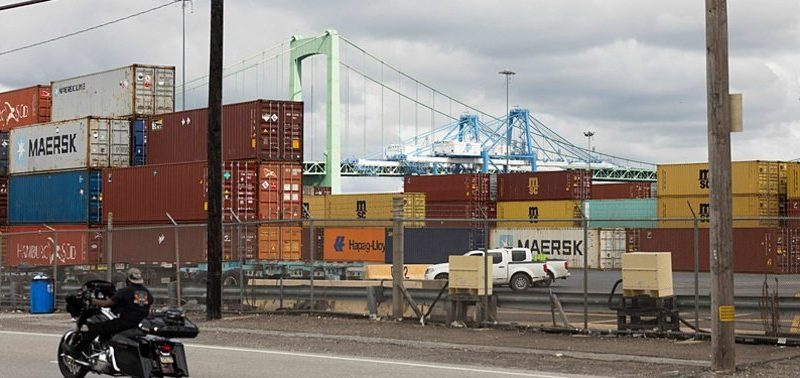The recent U.S. port strike, the largest work stoppage in nearly 50 years, has come to an end after a wage agreement was reached between dockworkers and port operators. While ports along the East Coast and Gulf Coast are reopening, it will take time to clear the backlog of cargo that has accumulated during the strike.
1. Resolution of the Port Strike
Wage Agreement Ends Work Stoppage
The International Longshoremen’s Association (ILA) and United States Maritime Alliance (USMX) reached a deal on Thursday, bringing an end to the strike. The agreement includes a 62% wage increase over six years, raising workers’ average wages to about $63 per hour from $39. This development brought relief to retailers and businesses that rely on the timely delivery of goods through these ports.
Cargo Backlog and Expected Delays
Though the strike has ended, the backlog of cargo is significant. As of 4:00 p.m. ET (2000 GMT) on Thursday, 54 container ships were still queued outside ports, waiting to unload. Analysts from Xeneta estimate it could take two to three weeks for the normal flow of goods to be restored. The backlog continues to grow as more ships arrive, creating a significant challenge for port operators.
2. Impact on Shipping and Freight Rates
Decline in Shipping Stocks
The unexpected end of the strike had an immediate impact on global shipping stocks. With the anticipated surge in freight rates no longer expected, shipping companies in Asia and Europe saw their stocks fall sharply. For example, Japan’s Nippon Yusen dropped by 9%, while Kawasaki Kisen fell by 9.5%, and Mitsui O.S.K. Lines lost 7% in their busiest trading day in 18 months.
Similarly, A.P. Moeller-Maersk in Europe saw its shares fall 7.7%, and Hapag-Lloyd dropped by 12.4%. The market’s response reflects the removal of expected price increases due to the now-resolved port disruption.
3. Economic Impact of the Strike
Retailers and Importers Heavily Affected
The port strike significantly affected retailers, who account for about half of all container shipping volumes. Walmart, IKEA, and Home Depot were among the largest companies impacted by the disruption. Data from Import Yeti revealed that major importers relying on East Coast ports include Goodyear Tire & Rubber, further highlighting the widespread impact.
The National Retail Federation emphasized the economic damage caused by the strike, which was estimated to cost the U.S. economy around $5 billion per day. They welcomed the decision to end the strike but called for a swift resolution to remaining issues.
4. Remaining Issues and Future Negotiations
Automation Concerns
While the wage issue has been settled, other critical topics, such as the ports’ use of automation, remain unresolved. Dockworkers argue that increased automation could lead to job losses, and this issue will be a significant focus of future negotiations between the ILA and USMX.
Outlook for the Ports and Supply Chain
With the reopening of the ports, supply chains are slowly beginning to recover. However, clearing the backlog and returning to normal operations will take time. The holiday season could see some disruptions, particularly for retailers reliant on imported goods.
The National Retail Federation remains hopeful that a final deal will be reached soon, minimizing the long-term effects on the supply chain and preventing further economic fallout.
Conclusion: Strike Ends, but Challenges Remain
The end of the U.S. port strike marks a positive step toward resolving the supply chain issues that have plagued industries across the country. However, the backlog of cargo and ongoing concerns about automation indicate that the recovery will take time. As the ports work to clear the congestion, businesses and consumers alike will need to be patient as normal operations resume in the coming weeks.








